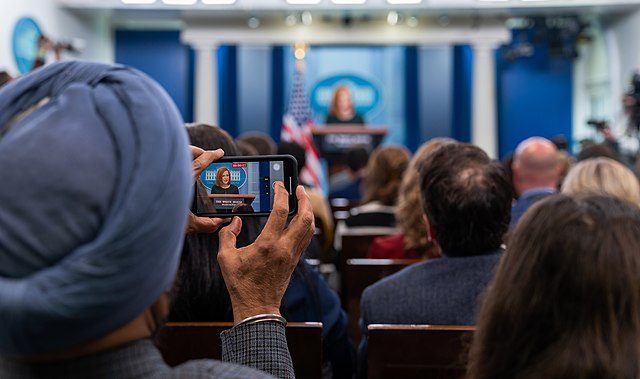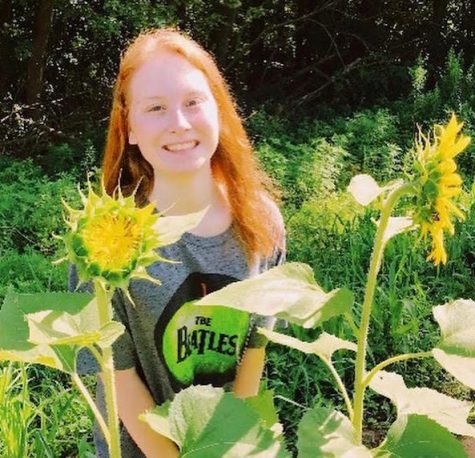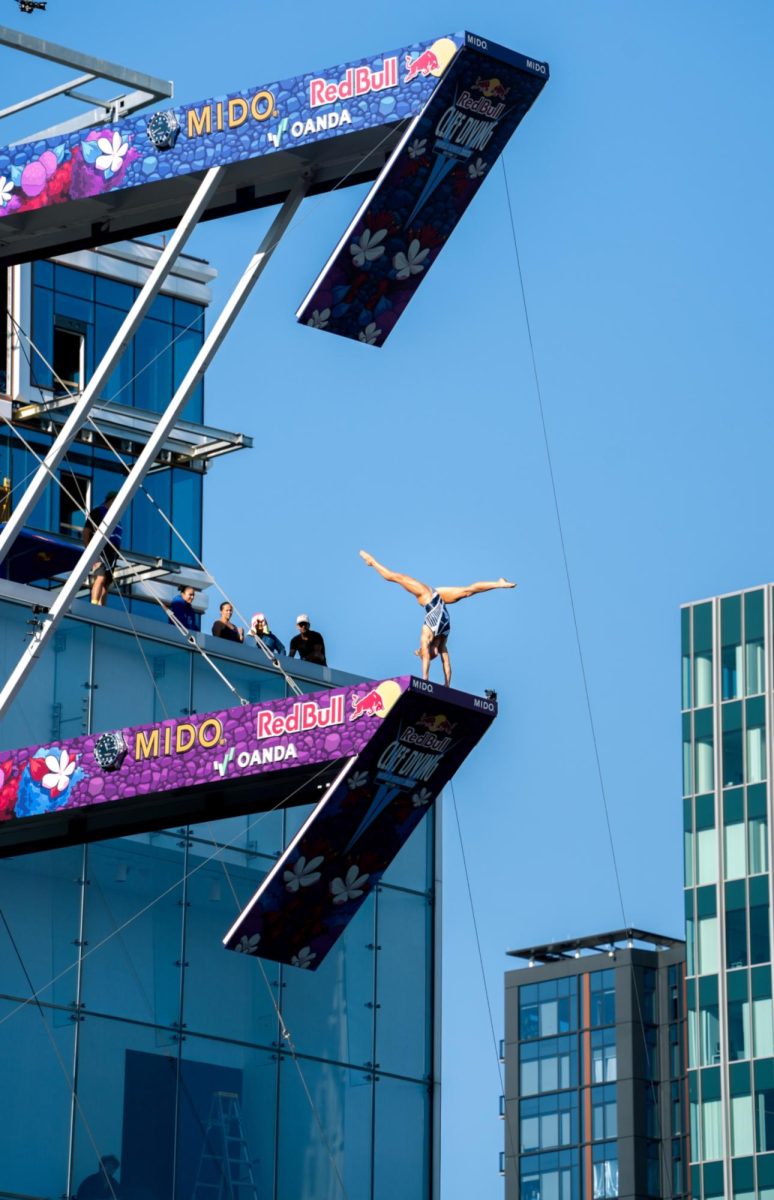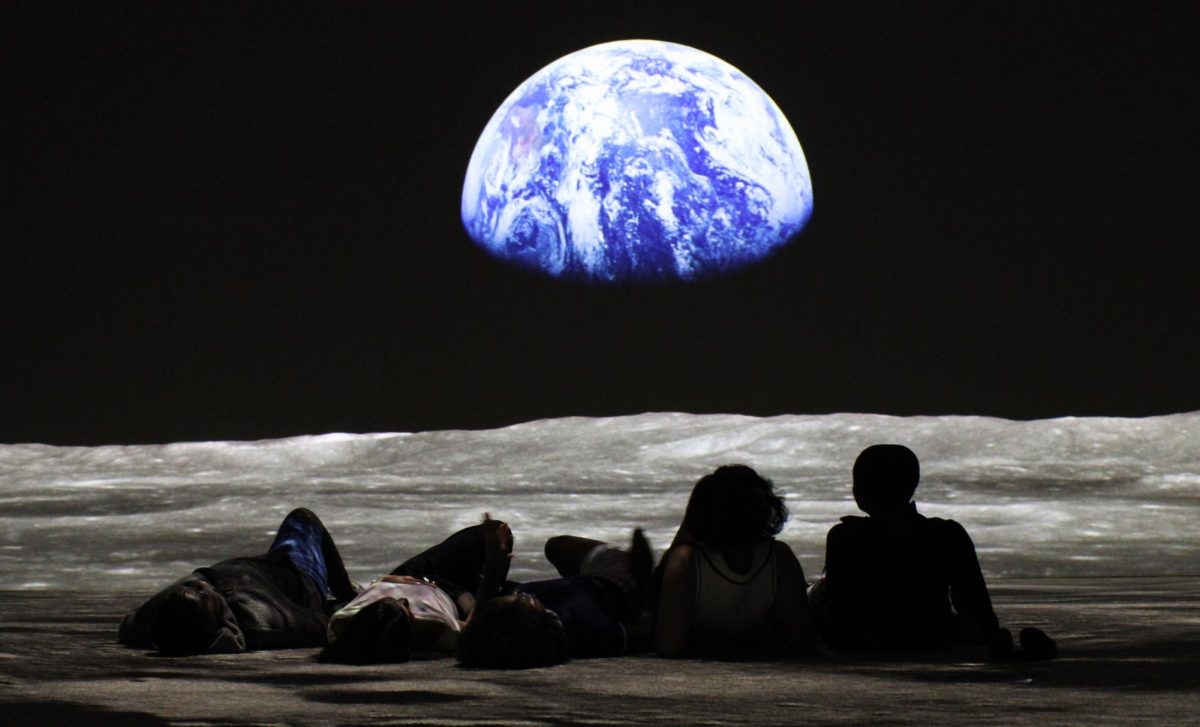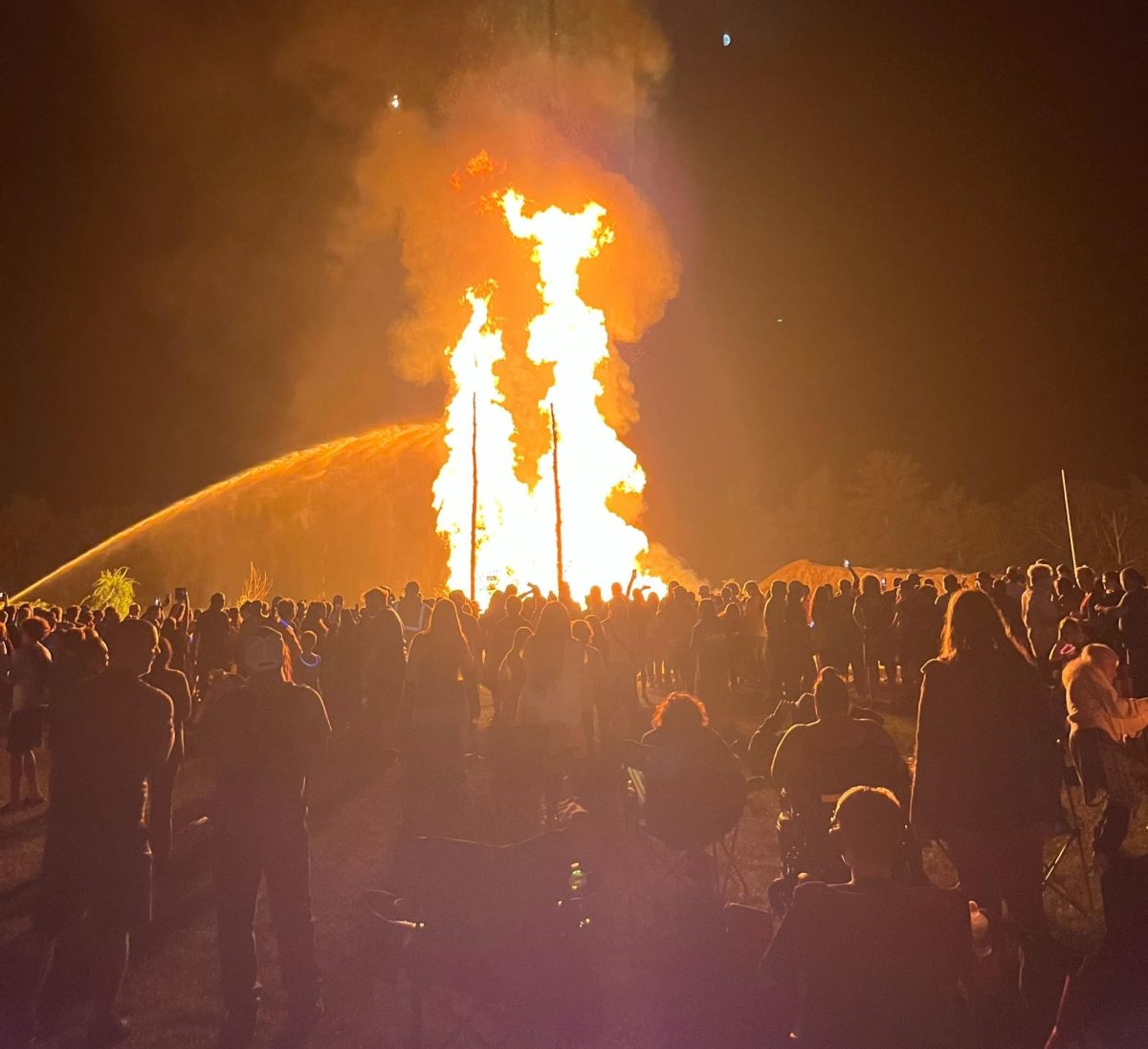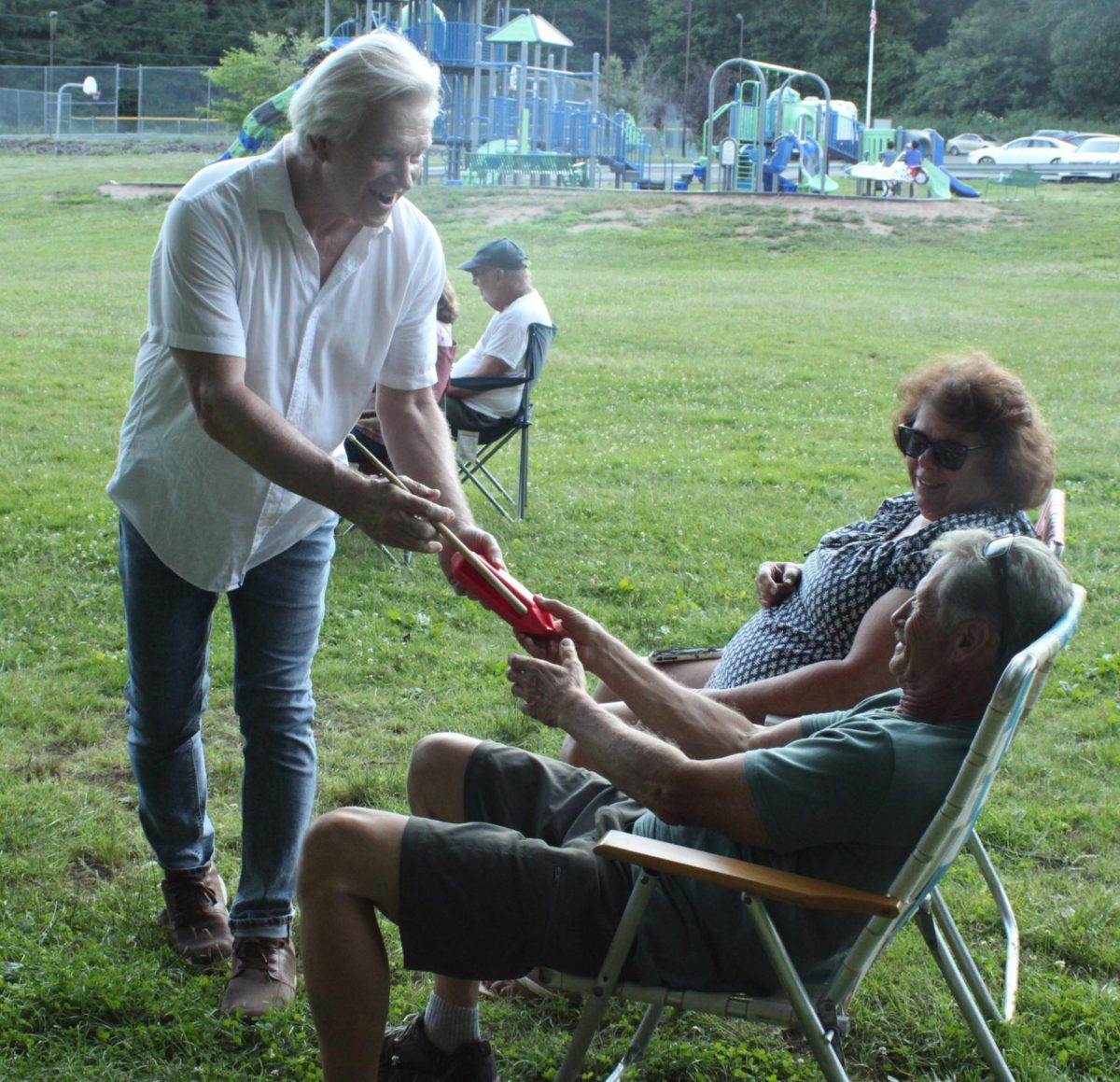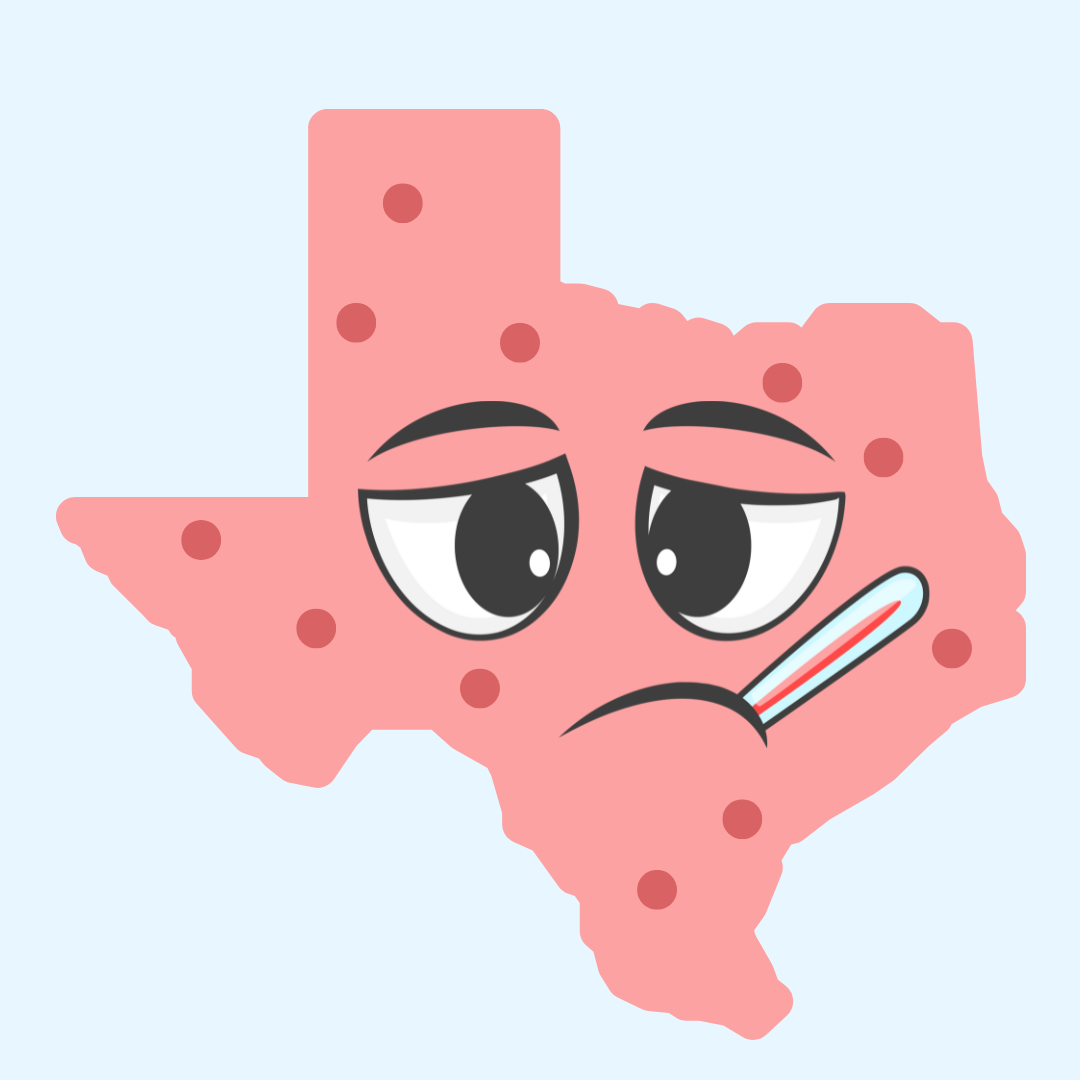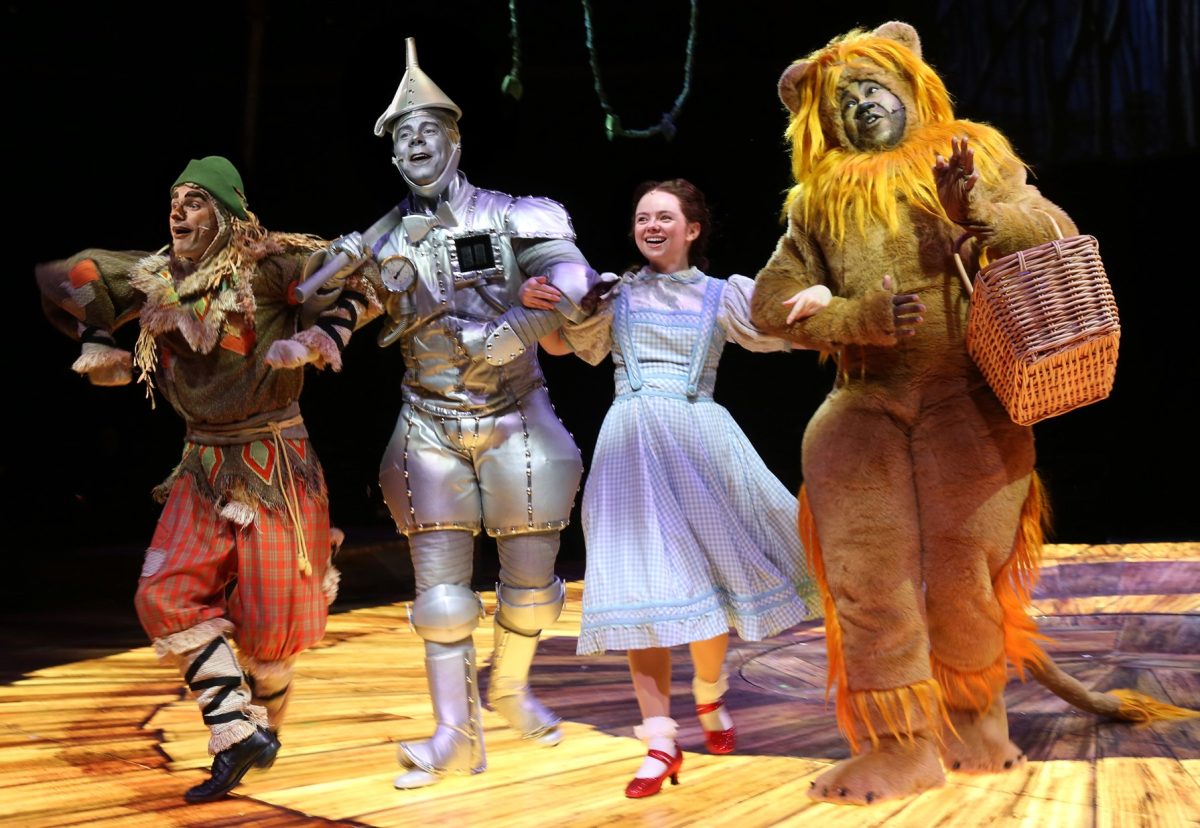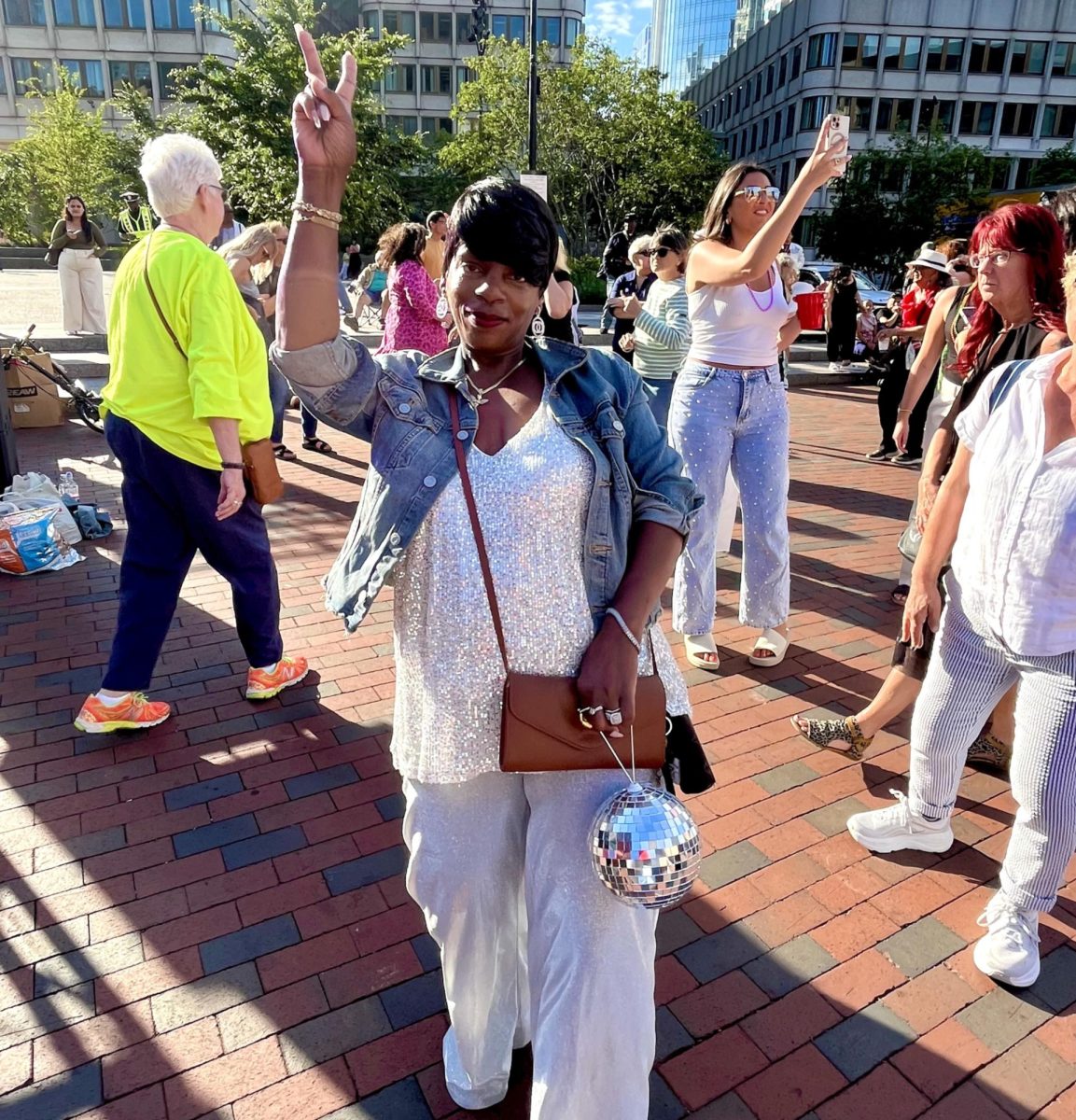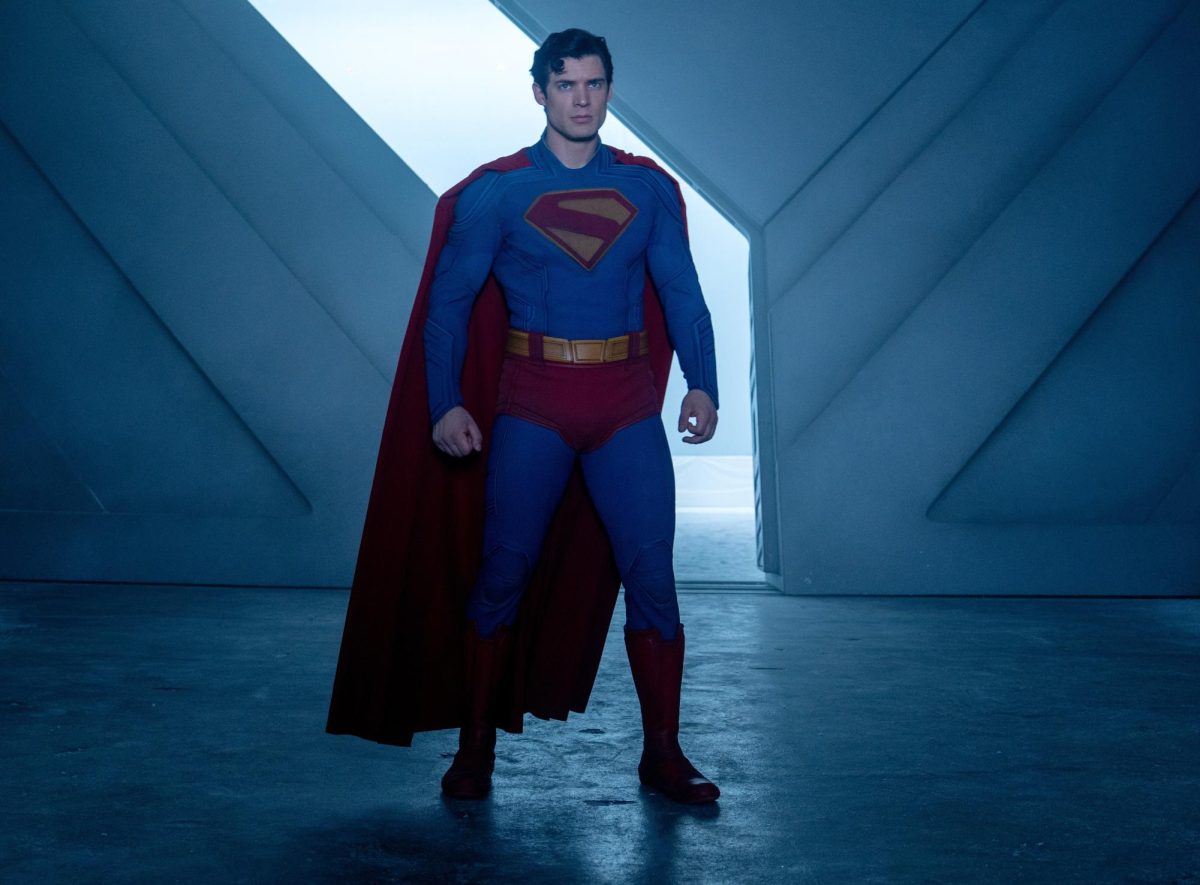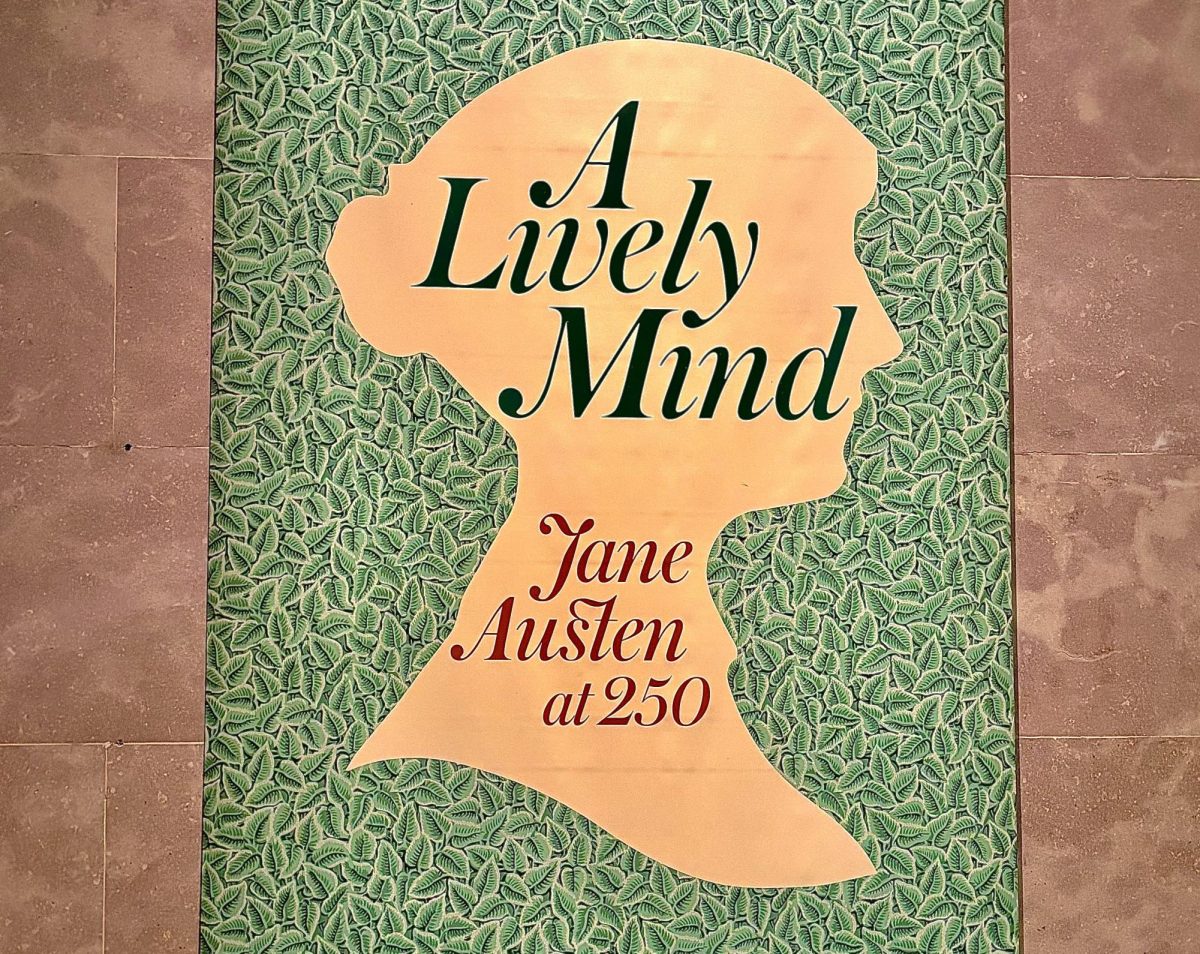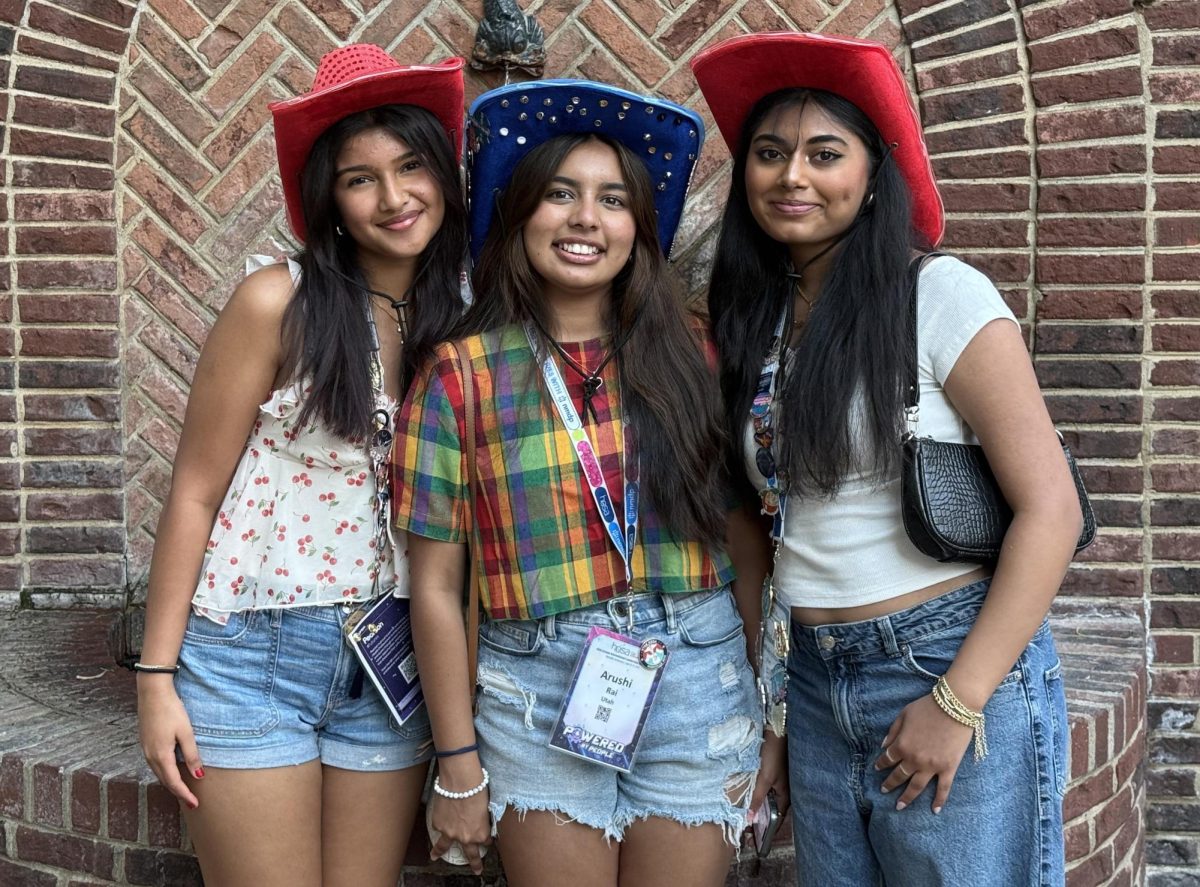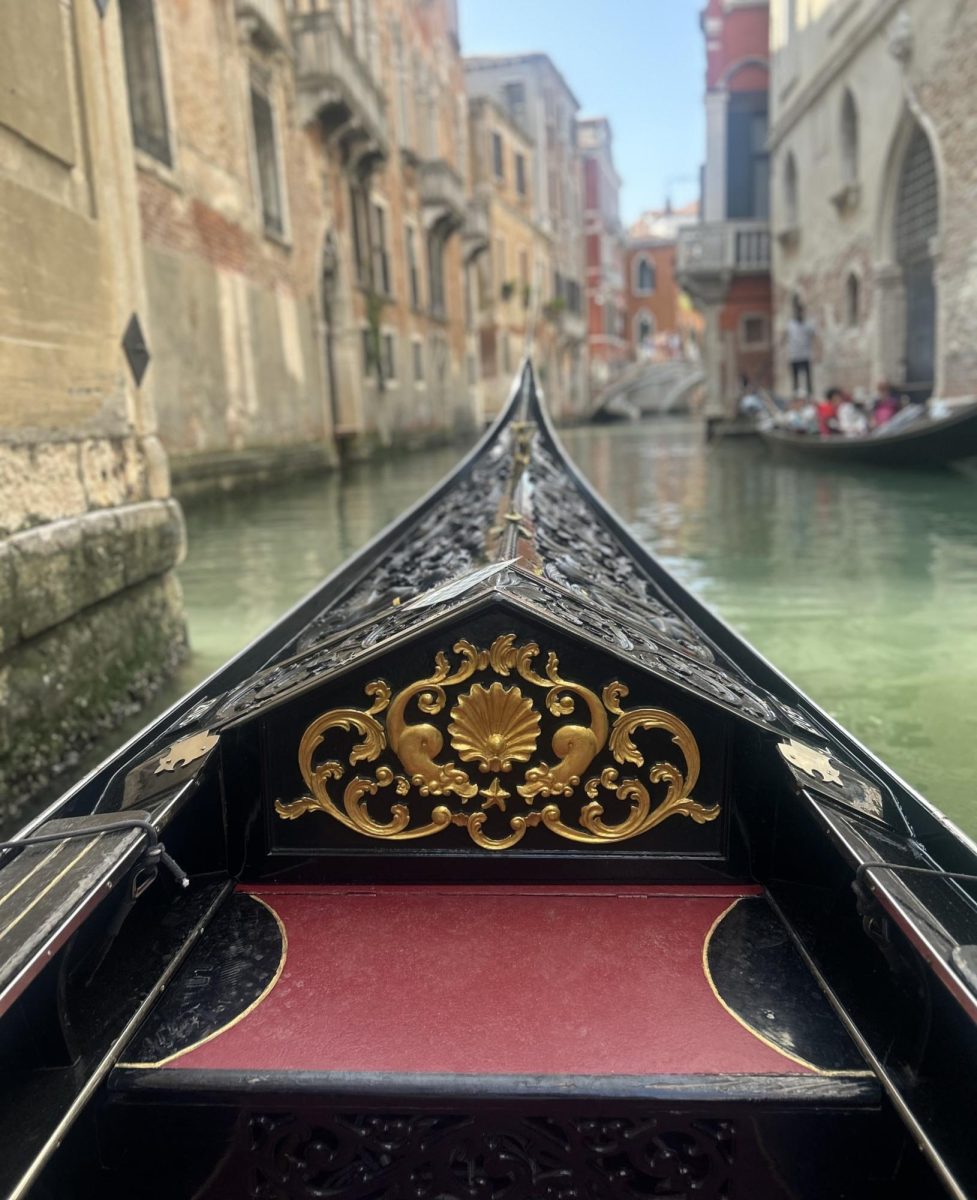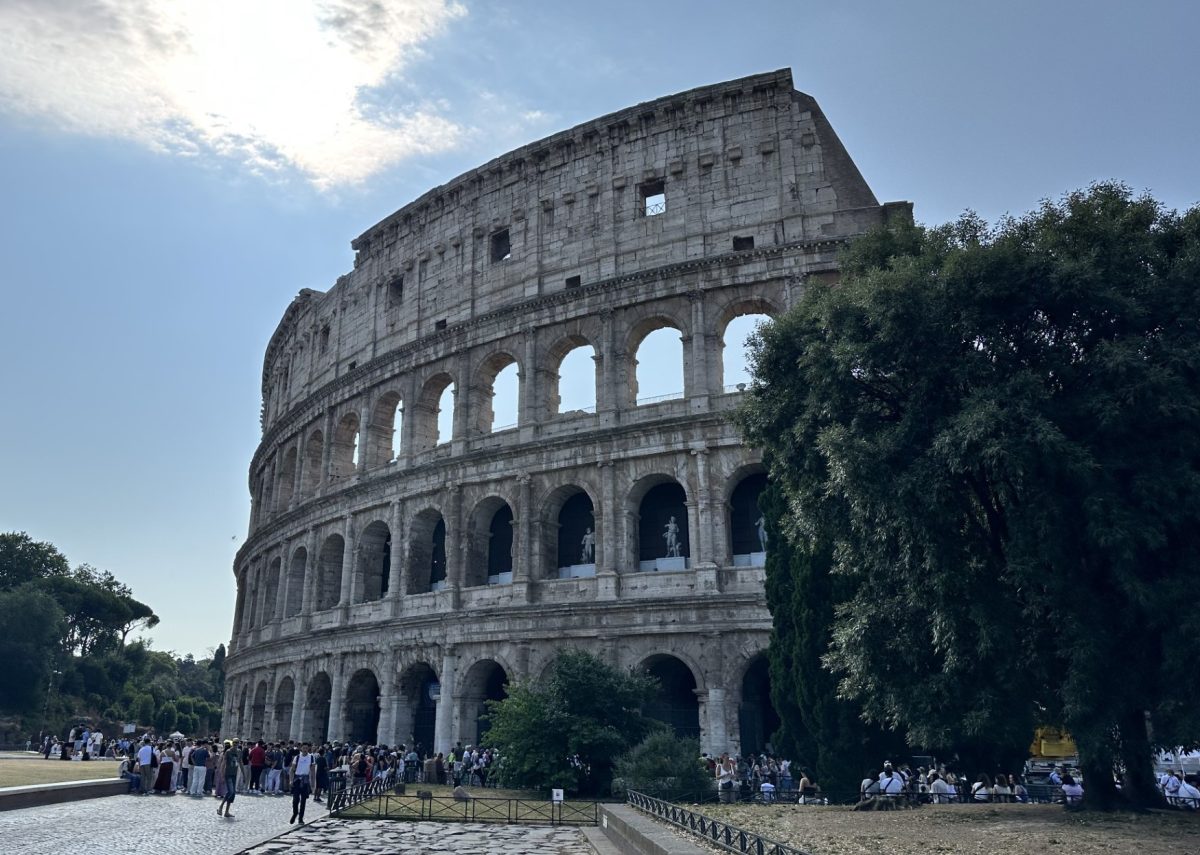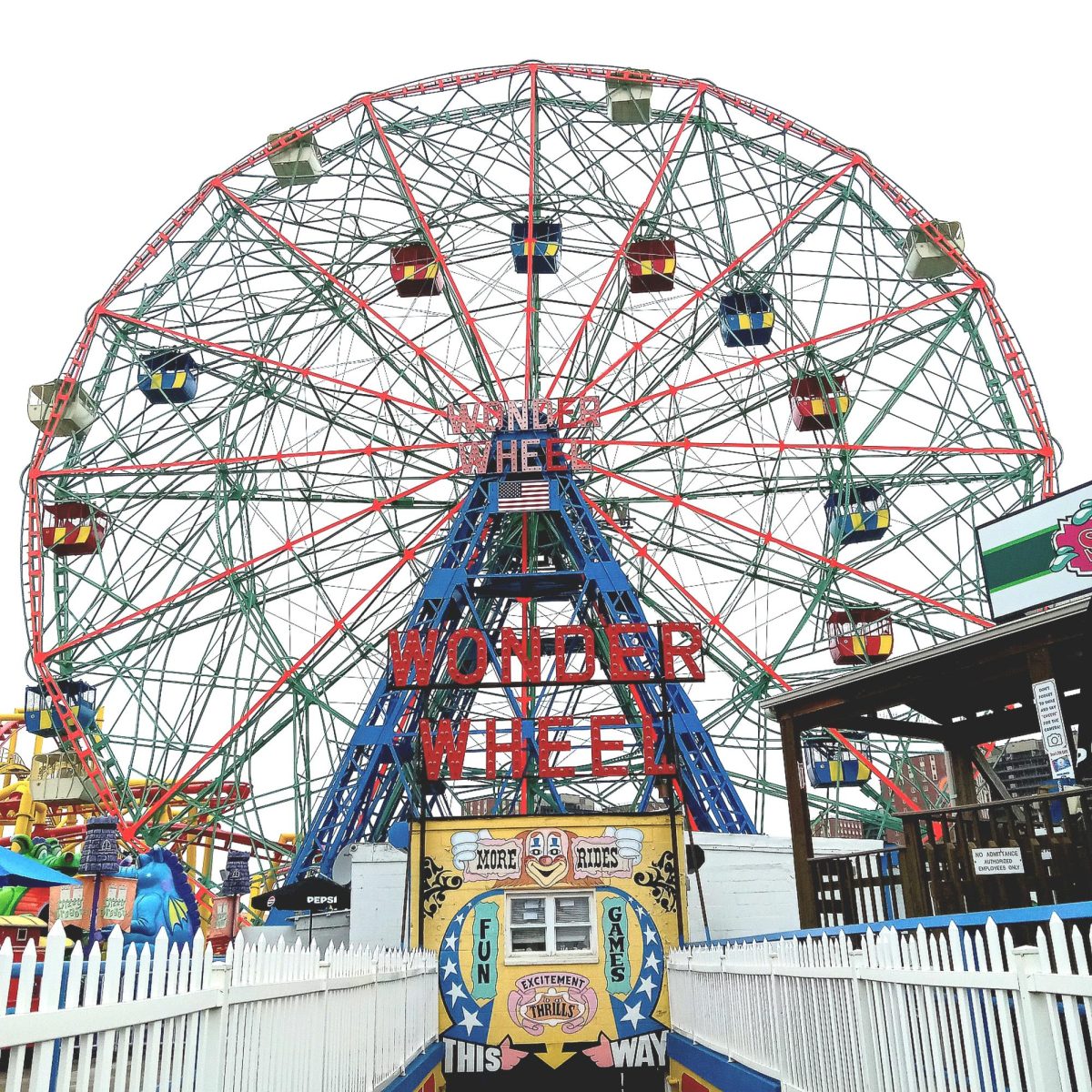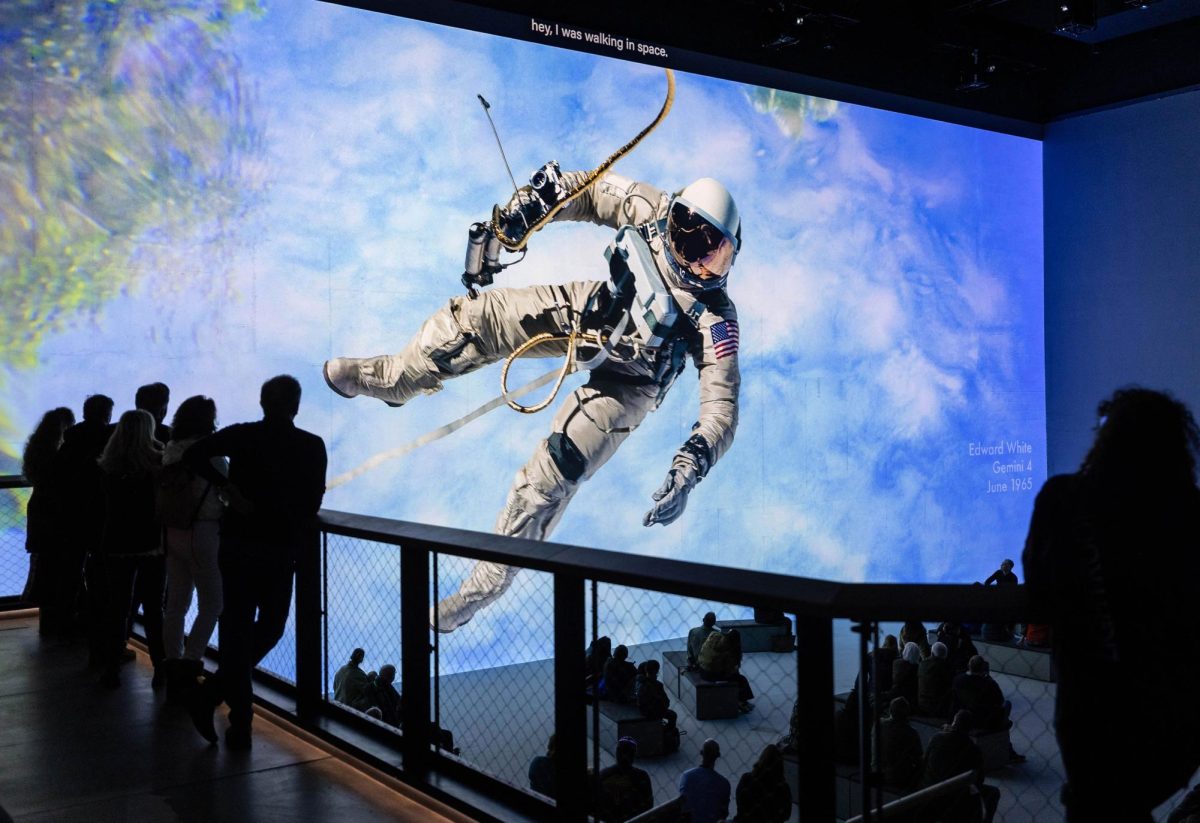White House journalists give insight into what their jobs are actually like
Shirish “S.V.” Date, Philip Wegmann, and Alexander Nazaryan trace their paths from school to the Brady Press Room and the President of the United States
Official White House Photo by Cameron Smith
Press Secretary Jen Psaki holds a press briefing on March 9, 2022, in the James S. Brady Press Briefing Room of the White House.
July 28, 2022
As a student interested in pursuing journalism as a career, my questions about the field abound. Do I need to major in journalism? What will my career prospects look like after graduating college? Will my workdays consist of abiding by stringent word counts and tight deadlines?
After talking to three White House reporters who Zoomed with the Headliners of Summer newsroom — all of whom walked very different paths in order to become the journalists that they are today — newsroom members were reminded that there is no set way to become successful in the profession.
Shirish “S.V.” Date, senior White House correspondent for the Huffington Post, has covered everything from NASA to Ted Bundy (yes, that Ted Bundy). He started college not as a journalism major, but as a pre-med student.
“Those pre-med years really helped when I was covering NASA because I could understand a lot of the stuff that the engineers would talk about and I could ask intelligent questions,” he said.
Date also attributed some of his success to working as an editor for NPR.
“It taught me [that] you can do complicated stories, but they still have to be simple …You don’t have to have one paragraph with one sentence when you could have three shorter sentences,” Date said.
Philip Wegmann, a White House reporter for RealClearPolitics, only took two journalism classes in college. He initially planned on attending law school, but changed career paths after a constructive experience at a journalism internship. When asked about the necessity of majoring in journalism, Wegmann said, “Follow your interest and, you know, I think that that will lead to a richer … reporting background for you.”
However, Wegmann recommended that non-majors find other ways to get involved in the field.
“If you do want to go into journalism, but you don’t major in journalism, the internships become that much more important,” he said. “Working for the school newspaper is that much more important.”
Alexander Nazaryan majored in English and taught the subject for many years. He then began submitting op-eds to nearby newspapers, eventually going on to pursue journalism fulltime as a senior White House correspondent for Yahoo News. Nazaryan suggested that aspiring journalists spend time working at their local paper.
“I learned everything I could from people who had spent 20, 30, even 40 years just doing print journalism,” he said, “And I also just got to soak in that culture of the newspaper.”
All three journalists emphasized the importance of being well-rounded.
“The most interesting journalists I meet are well read and well traveled …They had other interests besides journalism and … realized journalism was the best way to realize those interests,” Nazaryan said.
So, what is a typical day like for these reporters? It depends on what’s going on in the world. If there’s a big story that everyone is going to be writing about, journalists “really have to think about, ‘How am I going to tell a story today that other people are going to tell? . . . What am I going to do today that’s gonna be meaningful in terms of journalism?’ ”
Nazaryan said. A day might be spent speaking to White House officials, reading government reports, or going to briefings.
If reporters aren’t at the White House, they might be working on “enterprise” stories, which involve “interviews from outside the White House and from around the country, and traveling to places and talking with real people,” said Date. “That material is used to put together something that you’re not going to get sitting in the briefing room — you’re not going to get from the White House at all, for that matter.”
On days when there isn’t much going on, it’s important to “have a lot of humility,” Wegmann said. “You might notice something happen and you might think, ‘Alright, well, that’s not particularly interesting to me … But I think things that don’t appear to be significant in the moment can take on much more significance later on.
“I think that that’s sort of what makes journalism really fun … it’s your job to find [an] exciting, interesting way to tell that story.”
While their jobs certainly aren’t easy, they are important.
“Journalism is like an organ, which you sometimes maybe forget, but you take it out and the whole thing . . . could really just rot,” Nazaryan said.
Let’s hope that organ continues operating for a long time.
–July 28, 2022–

